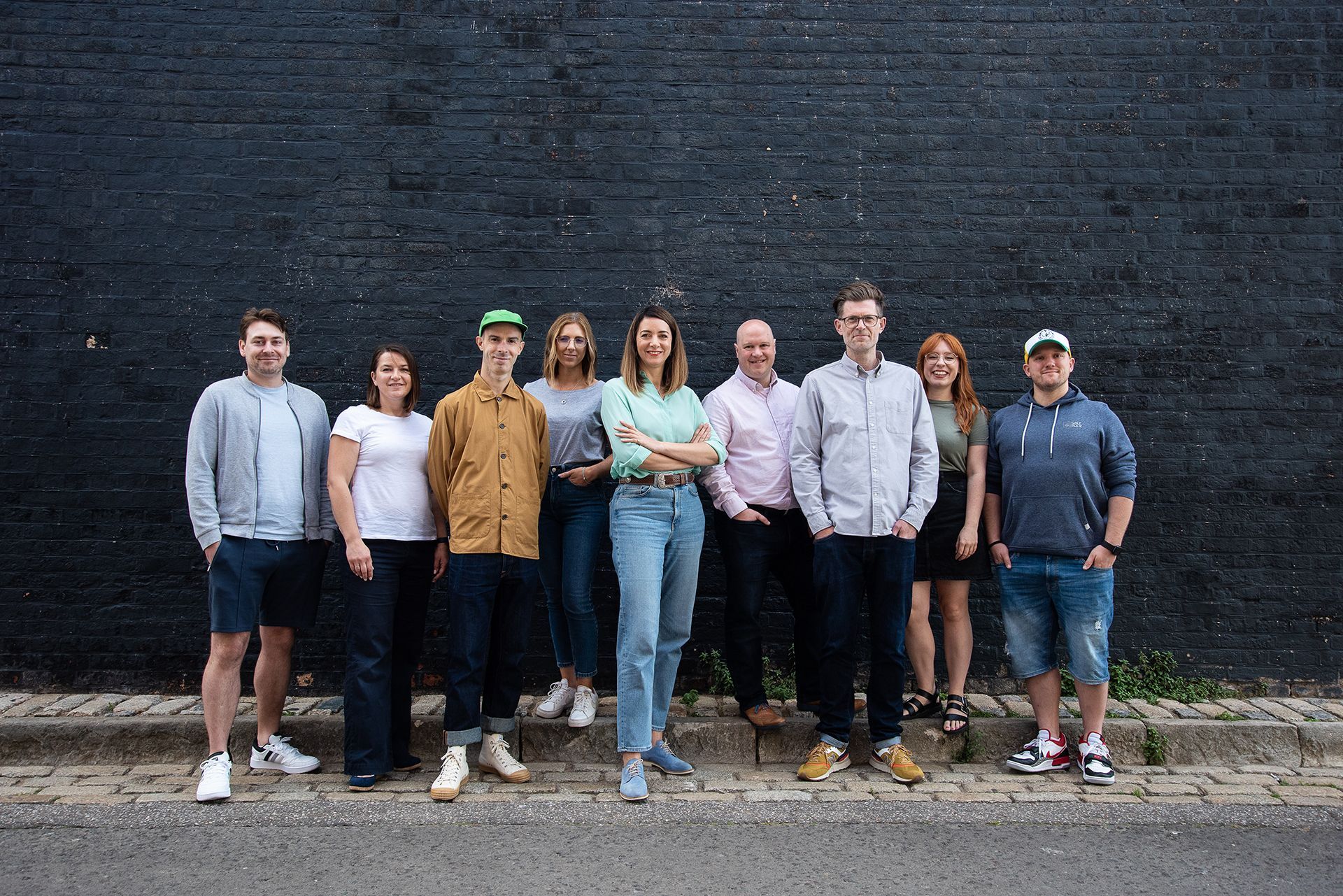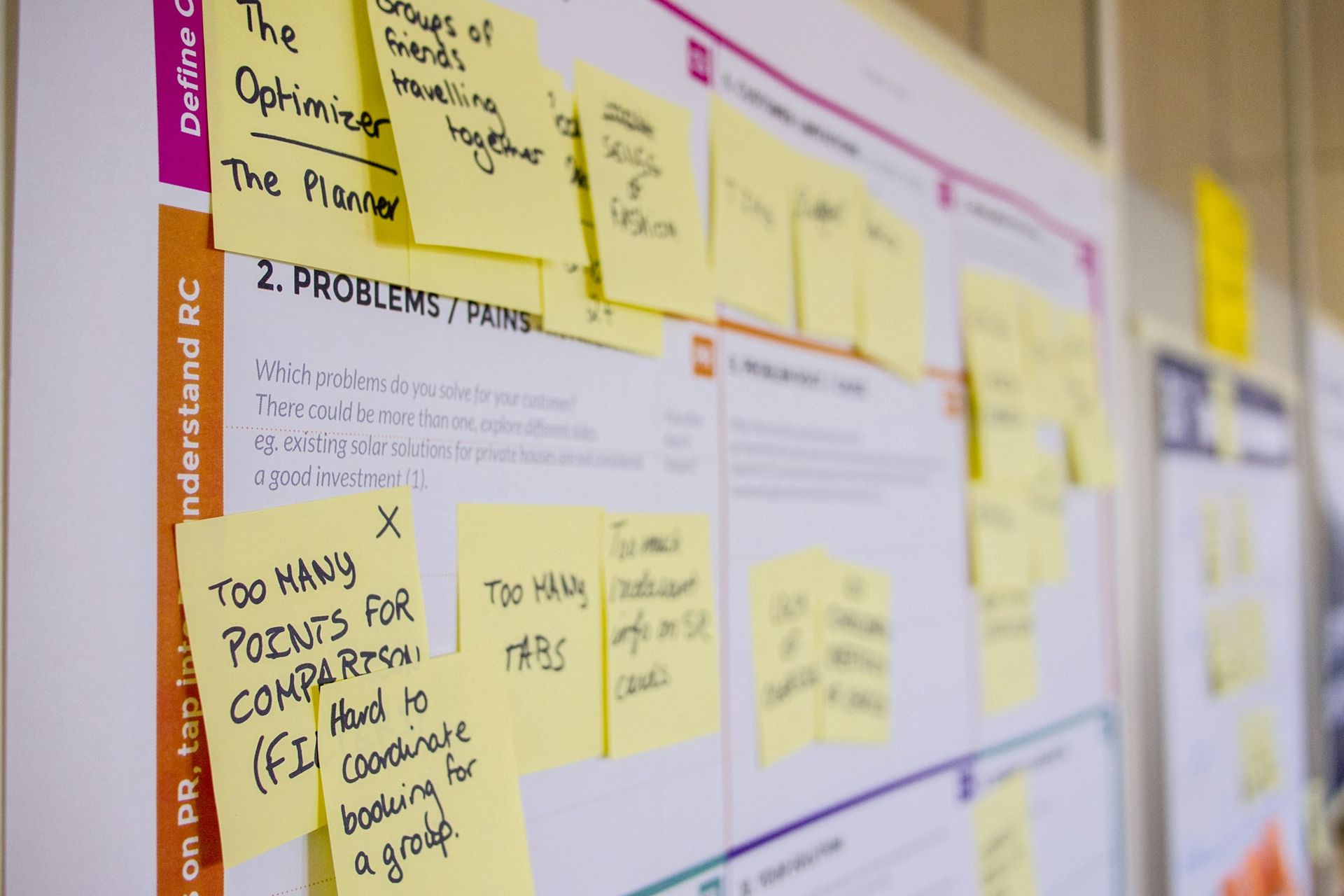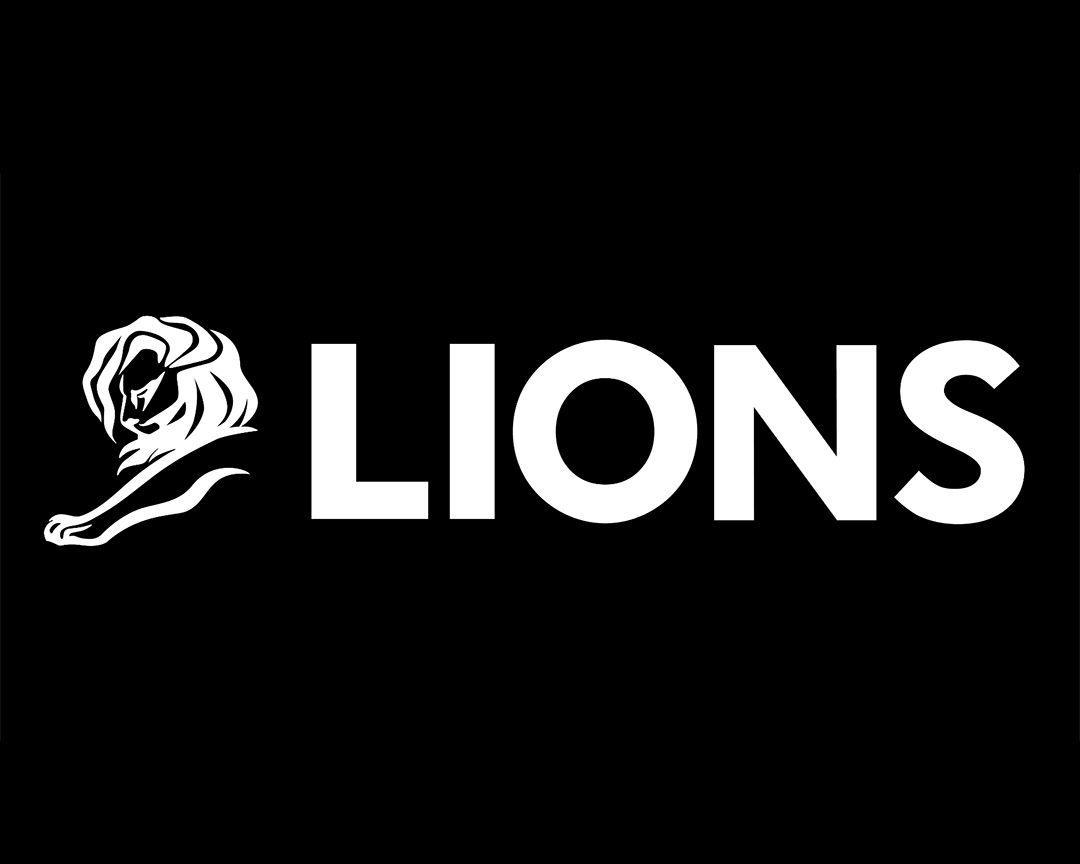Empowering Success: Salad's Journey into Employee Ownership

Welcome to the CurEOsity series, where we explore the rise of employee ownership (EO) in the creative industry and its transformative power. In this series, we speak with creative agencies at different stages of EO maturity, revealing unique motivations, challenges, and successes, offering a comprehensive view of the EO landscape.
Empowering Success: Salad's Journey into employee ownership
With an eye on the future of Salad in the longer-term, and the desire to balance agency value and culture, the former owners made the decision to go employee-owned in 2021. What’s resulted is a deeper collaboration, the best ever financial performance, and Salad’s newest recruit feeling they had a role to play from day one. But, employee ownership is not for everyone. MD Bella Lewis-Smith and Harry Pocknell, strategy and creative director, tell us more.
When and why did your company become employee-owned in the first place, and how did you make the decision?
We became 100% employee-owned in April 2021. When Bella & Andy (ex-owners) considered the long-term future of the agency, they wanted to ensure both the sustainability of the business and the empowerment of the team. As options were weighed and they discovered more about employee ownership, they felt that an EOT was a perfect fit to realise the value in the business they’d built whilst maintaining the culture.
Has it changed your company culture and operations as a whole and if so, how?
At first, it felt like everything had changed, but also nothing had changed. Bella has maintained her position as MD, and two years after transitioning, Andy has stepped aside from his role as FD to a more custodial role of Chairman. From a board perspective, our Strategy & Creative Director Harry has now joined which has added some new context to the decision-making progress.
As an EOT we have also established a trust board, which is chaired by our independent trustee. Nicole, our Head of Delivery also sits on the trust board as our Employee rep, alongside Bella who represents the operational board.
Interactions between the two boards have been developing since the transition, often creating conversations we wouldn’t have had previously, mainly focussed on business planning and ensuring that decisions are discussed with the beneficiaries and the business in mind.
Culturally, changes have been made with the team coming together to discuss the business every quarter in Vision days, which has led to conversations about the future and we will continue to involve the wider team in planning and strategy.
Operationally, we have maintained our small team, and continue to work in a similar way but with more client-facing time for each of us, and an improved sense of teamwork and deep collaboration.
Has it been positive for company recruitment?
We have recruited since we transitioned, but only for a single role. Our developer Greg joined in early 2022.
He spoke about his experience of joining Salad in a recent blog article.
“Before joining Salad I had never heard of employee-ownership, but was intrigued right away. I could see I was joining a business with complete transparency and trust among the team. Everyone drives towards the same goal, being proactive and not hiding from responsibilities. For me, it was like a breath of fresh air and made me feel like I was on equal terms with everyone right from the start. Whilst I may have not been a beneficiary within my first year of the business, I never felt excluded from any of the decisions that were being made and still felt like I had a part to play.”
As we move into the new financial year, and look to fill a new role, we will discover how much employee ownership means to applicants.
As an EO company, how can employees contribute their ideas, participate in strategic planning, and have a say in company direction?
We have had numerous occasions where we have involved the whole team in planning and company direction since we transitioned. In fact, one of our first Vision days was centred around our proposition and the ways in which we deliver. Those first sessions have contributed to the creation of new business plans, a rejuvenated proposition and our intention to build the reputations of each of our team to help solidify our position as a small team of experts within the industry.
At each Vision day we reflect on the previous quarter and review our plans to reach financial freedom. In the coming sessions, we will continue to focus on the future, and ensure the employee voice makes a contribution to the strategic planning of our business well into the future.
How do you encourage employees to think and act like owners, beyond just financial ownership, and is this a focus for you?
We have always maintained financial transparency as a business, and that’s something we feel keeps everyone focused. It encourages the team to see the business not just as a series of projects, but as a web of relationships that need to be nurtured and grown, both internally and externally. We typically include many of our colleagues in new business conversations and proposal writing, because it’s their expertise that delivers the work.
Recently we’ve had discussions in our Employee Council talking about the kind of ownership culture we have, how it needs to be developed and, with some guidance from the board, the team are able to discover what ownership means to them, and to our business.
Are there any challenges to being EO? How do you deal with these?
Most EO businesses have challenges, and we’re no different. Early conversations around perks and benefits have challenged us to think about what ownership really means, and prompted conversations about costs and what our priorities should be.
We’ve been challenged to think about what role the Employee Council take, as it’s made up of the bulk of our team. In fact, early meetings focussed on operational matters, which excluded Bella, our MD, so we had to stop and think about what role we need the Council to take.
Ultimately, with a small team, transparent culture and a deep sense of collaboration, we know we can have reasonable conversations when challenges do crop up, and deal with them as a team.
What support and resources do your company provide to help employees understand and navigate their roles as owners effectively?
In terms of resources, we have taken advantage of the EOA’s courses, initially sending our Employee Director and Employee Rep on the “How to be an effective Trustee/Director” course. The course covered the roles and responsibilities of both roles, a succinct overview of how to read financial information, and revealed some of the challenges of governance within an EO organisation. We’ve also taken advantage of networking opportunities the EOA offers to get our team informed about their roles and learn from others.
In terms of support, we have had the benefit of a seasoned finance director who shares and explains financial information, highlighting the costs involved in running our business, and how we manage our accounts on a monthly basis.
There’s a distinct educational aspect in much of our internal communication. On an ongoing basis, our directors share information and encourage participation in planning and strategic activity.
Can you provide examples of how employee ownership has contributed to the success and sustainability of your company, especially during challenging economic periods or industry changes?
It’s no coincidence that since our transition to employee ownership, we’ve had three of our most financially successful years to date. Since the transition our EO status has created a real sense of ownership of the work, the process and the outcomes. We’re collaborating more closely and taking more responsibility as individuals. Transparency on finances has played a large part in this and through a clear understanding of the targets we’ve set to pay off the deferred consideration and making beneficiary payments, we’ve acted accordingly, delivering work more effectively and efficiently.
It’s hard to understate the cultural benefits of employee ownership on our sustainability and how all pulling in the same direction, we’ve managed to maintain excellent relationships, and we’ve made decisions to deliver differently than we might have done 5 years ago. Every team member is afforded client contact so that they’re working and communicating directly with clients which helps to expand their knowledge of customer issues and the problems we’re asked to solve.
Finally, we’ve been inspired to work more closely with other employee-owned businesses. We have extended our offer to help EOs develop culture and vision, align and engage their teams, and encourage them to embed employee ownership deeply into both internal and external communication and help them navigate the processes and pitfalls of well-managed EO. Not least with the team at The Industry Club!
What would you say to other businesses considering going employee-owned?
Employee ownership is not for everyone.
It takes a founder who sees the value of their team and the maintenance of the culture the organisation has formed to take the first step. It takes a team of dedicated employees, keen to learn about and understand the bigger picture, keen to have their voices heard and keen to participate in the development of a positive employee-owned culture.
But, as a means to protect culture and create sustainable, long-term business value for all participants, employee ownership is both a great way for founders to realise the value they’ve built, and teams to realise how valuable the part they play in the success of any business really is.
Anything else you’d like to add?
There’s a whole community of businesses who have been extremely gracious with their time, giving us the benefit of their individual experiences. Whether it’s founders, employee representatives or other knowledgeable EO consultants, the level of information shared across the community is a testament to the desire to make employee ownership a positive experience for everyone involved.
It’s a very people-positive community and we’re looking forward to continuing to build more relationships with like-minded businesses across the sector
With thanks to Bella and Harry at https://saladcreative.com for their contribution to this series.







